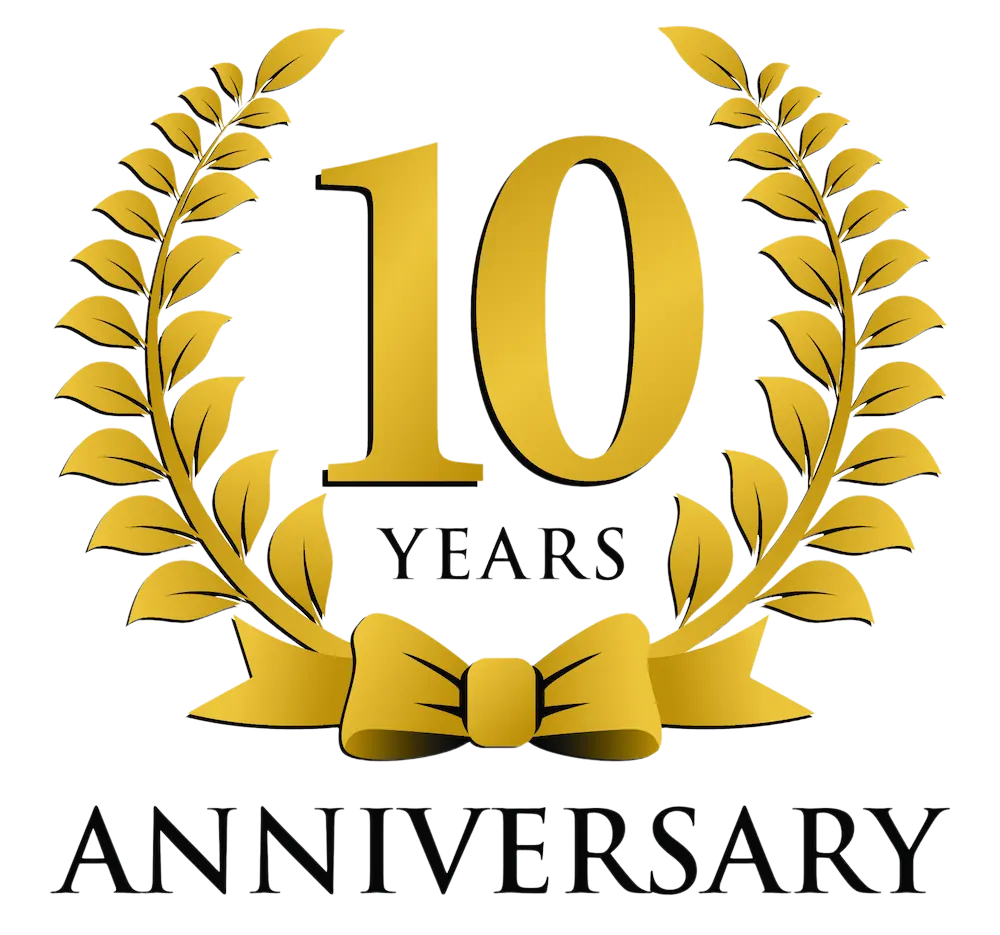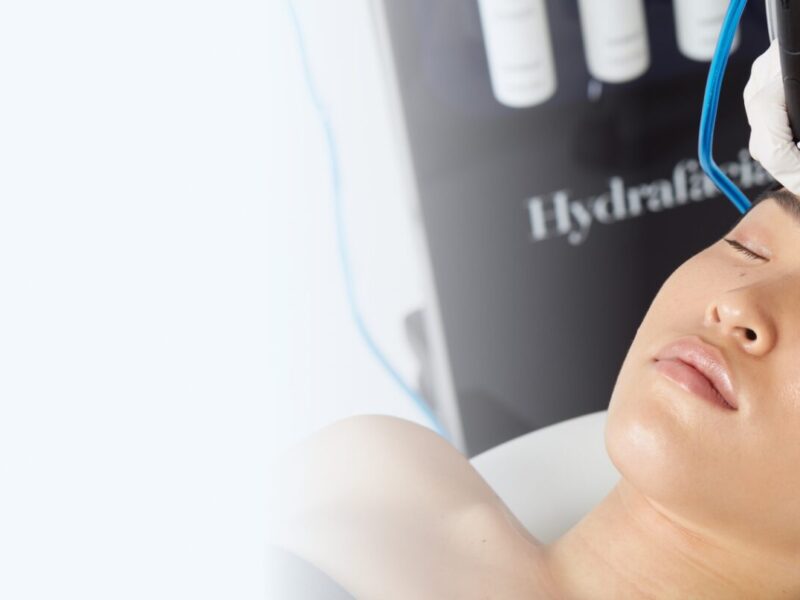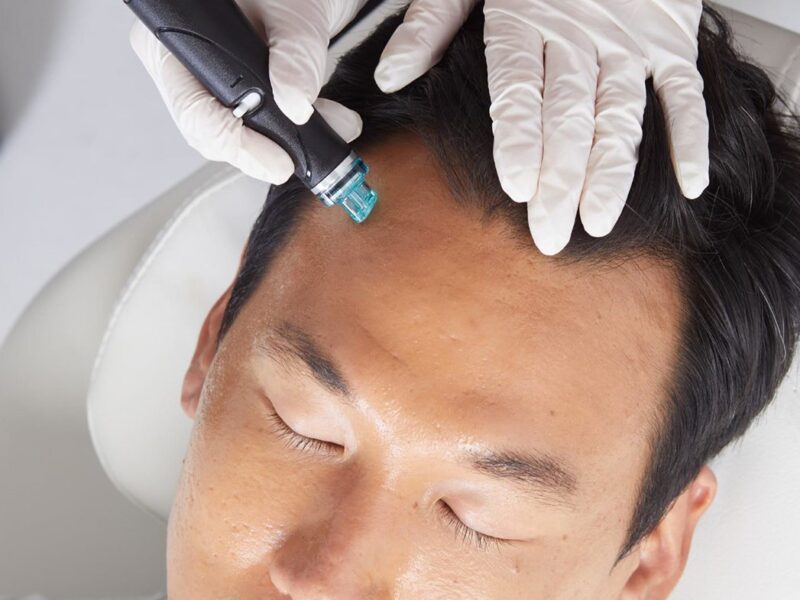Common triggers of Rosacea
Rosacea (pronounced roh-ZAY-sha) is a common skin condition, usually occurring on the face, which tends to affect fair skinned people, but can affect all skin types.
It usually occurs in the 30+ age group and while it is more common in women, when affecting men, it is often more severe. It is not contagious.
Rosacea usually affects the cheeks, chin, forehead and nose, and is a chronic inflammation of the skin characterised by persistent redness caused by dilated blood vessels, small bumps and pus-filled spots. You can learn more about our rosacea treatments here.
What triggers rosacea?
The cause of rosacea is not yet fully understood with genetics, the immune system and environmental factors all possibly playing a part. However, medical research shows there are a variety of triggers that may trigger or cause rosacea to flare up.
Common rosacea triggers
A National Rosacea Society survey found these to be some of the most common triggers:
[1] Rosacea trigger: Sun exposure
Rosacea is often found in the fair skinned which means exposure to UV rays is probably the most common trigger. Use a broad-spectrum sun protector every day to protect skin.
[2] Rosacea trigger: Stress
Rosacea is known to be linked to abnormal chemical reactions, and increased stress causes the body to overreact creating changes to the chemical composition. Stress management and relaxation techniques are key to keeping rosacea in check.
[3] Rosacea trigger: skin products
In a National Rosacea Society survey 41% said skin care products aggravated their rosacea, while 27% reported some makeup products were also a trigger.
Avoid products with alcohol, astringents and exfoliating products. Instead opt for fragrance free, allergy tested skin products and cosmetics to reduce the risk of a flare up.
Lorraine recommends testing first. ‘Before using a product on your face, try it on a small patch of skin in a less noticeable area, such as the neck.
If you have a reaction, avoid the product and note the ingredients. Rosacea irritants vary from person to person, so your skin’s reaction should be your guide.’
And be cautious with hairspray too as it often has a high alcohol content that can aggravate rosacea.
[4] Rosacea trigger: Heat
Warm weather, hot baths, indoor heating and open fires, and even warm drinks can all lead to flare ups.
Studies show those with rosacea usually have a higher blood flow and increased sweating rates compared with non-sufferers. The higher the heat, the greater the blood flow and sweat, which triggers the flushing.
[5] Rosacea trigger: Heavy exercise
Strenuous exercise leads to sweating and in turn it can trigger rosacea to flare up. Exercise is an important part of a healthy lifestyle so continue with it, but try shorter workouts or more frequent breaks so your skin has chance to calm and you sweat less.
[6] Rosacea trigger: Alcohol and spicy foods
Alcohol, especially red wine, beer, whisky, gin, vodka and champagne can set off rosacea, as can spicy food.
Lorraine suggests keeping a food, drink and lifestyle diary so when your rosacea flares up you can identify any irritants and avoid them in future.
Everyone is different so identifying your personal aggravating factors is key because what is a trigger for one person may have no effect on another.
A survey of over 1,000 rosacea patients by the National Rosacea Society found these to be the most common factors:
| Factors | % affected |
| Sun exposure | 81% |
| Emotional stress | 79% |
| Hot weather | 75% |
| Wind | 57% |
| Heavy exercise | 56% |
| Alcohol consumption | 52% |
| Hot baths | 51% |
| Cold weather | 46% |
| Spicy foods | 45% |
| Humidity | 44% |
| Indoor heat | 41% |
| Certain skin-care products | 41% |
| Heated beverages | 36% |
| Certain cosmetics | 27% |
| Medications | 15% |
| Medical conditions | 15% |
| Certain fruits | 13% |
| Marinated meats | 10% |
| Certain vegetables | 9% |
| Dairy products | 8% |
| Other factors | 24% |
Eden Skin Clinics offer IPL laser treatment for rosacea and skin redness at both our Wimbledon and Kensington clinics. Learn more about rosacea here or book a consultation with one of our rosacea skincare specialists here.





